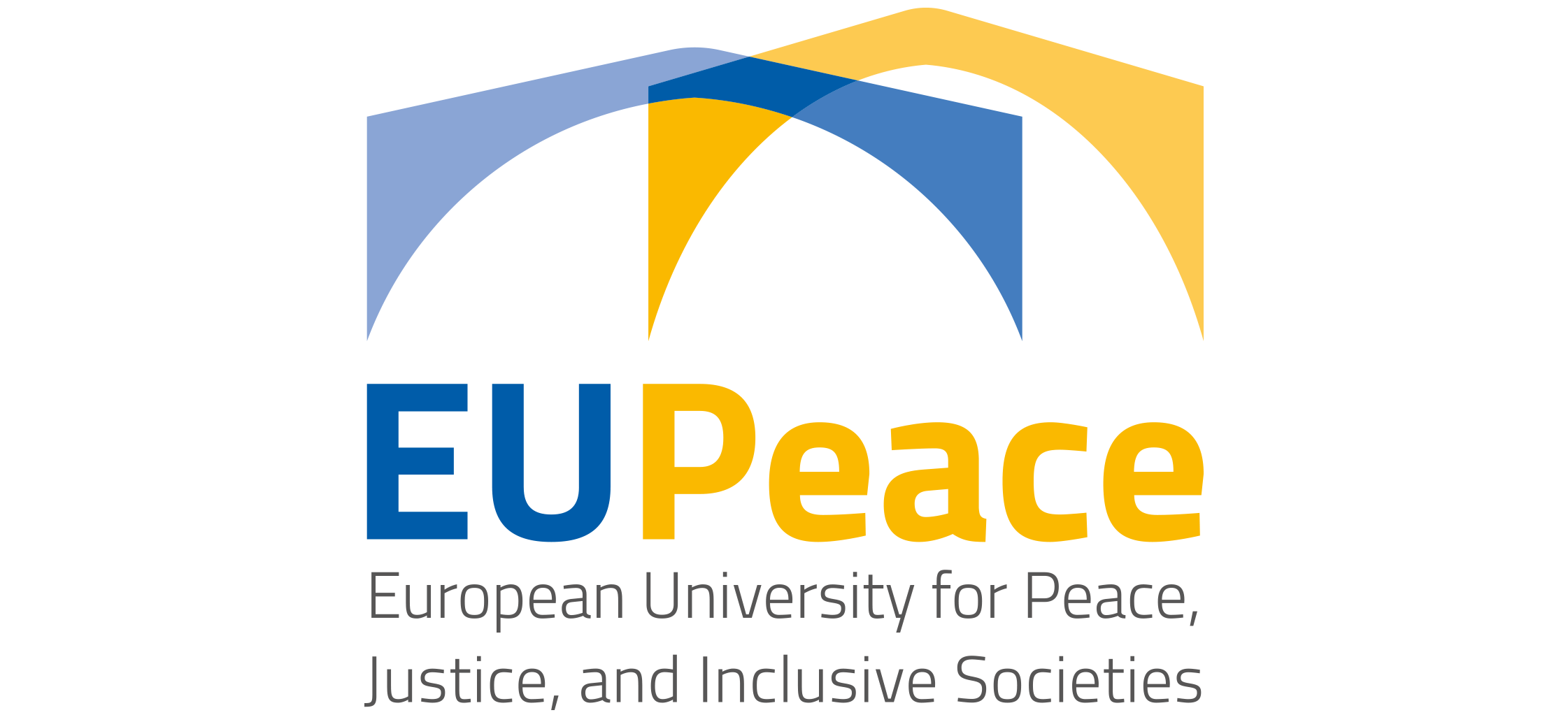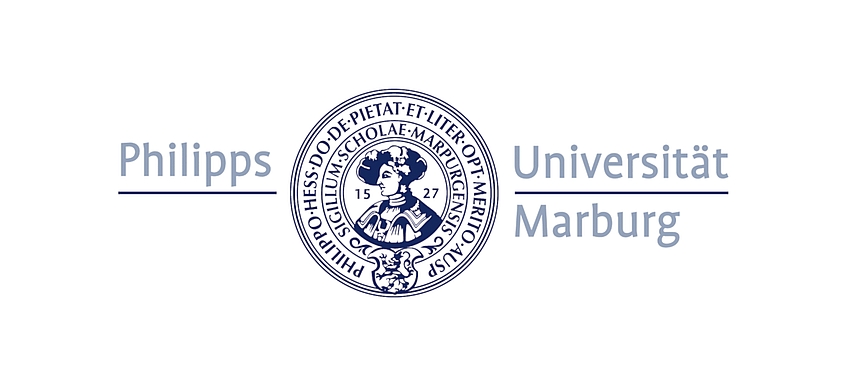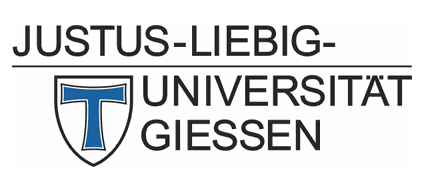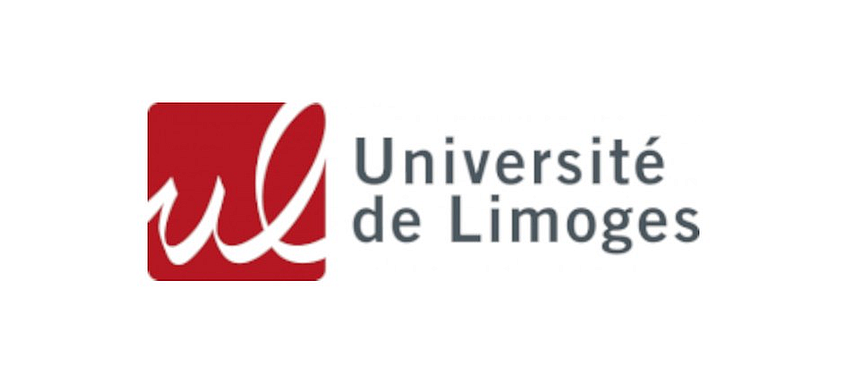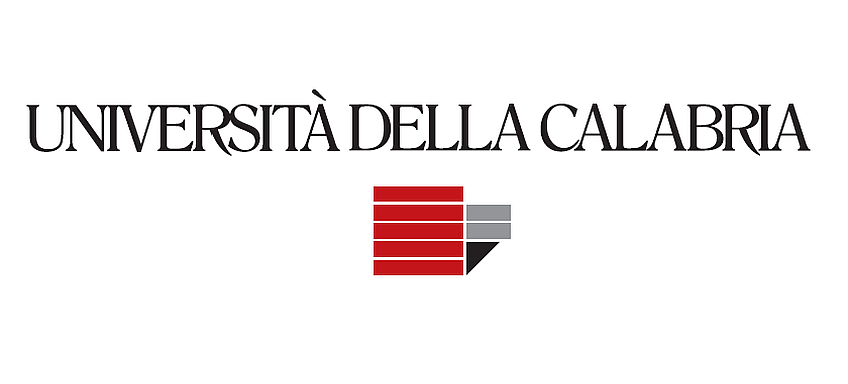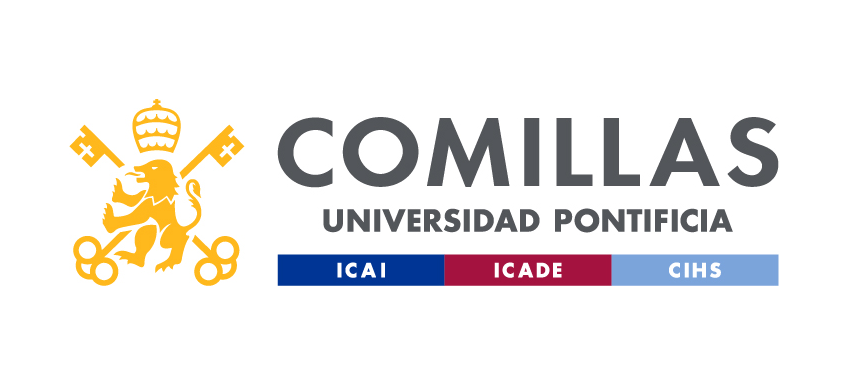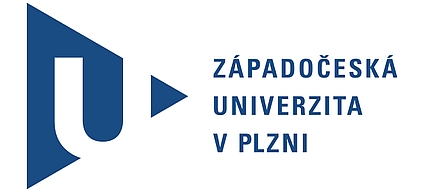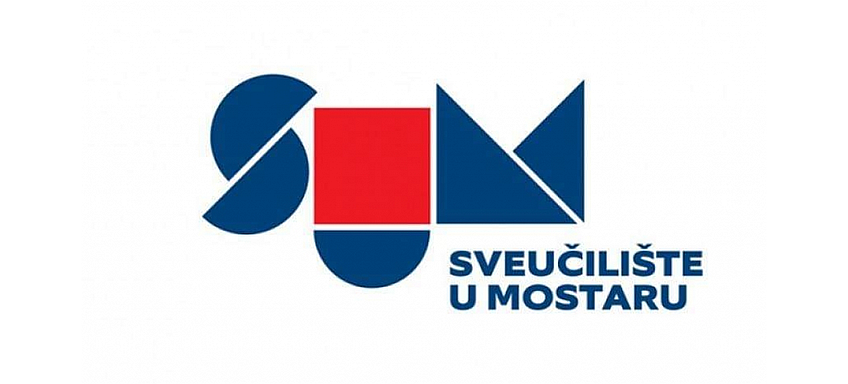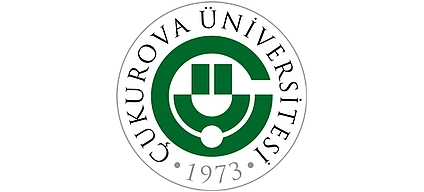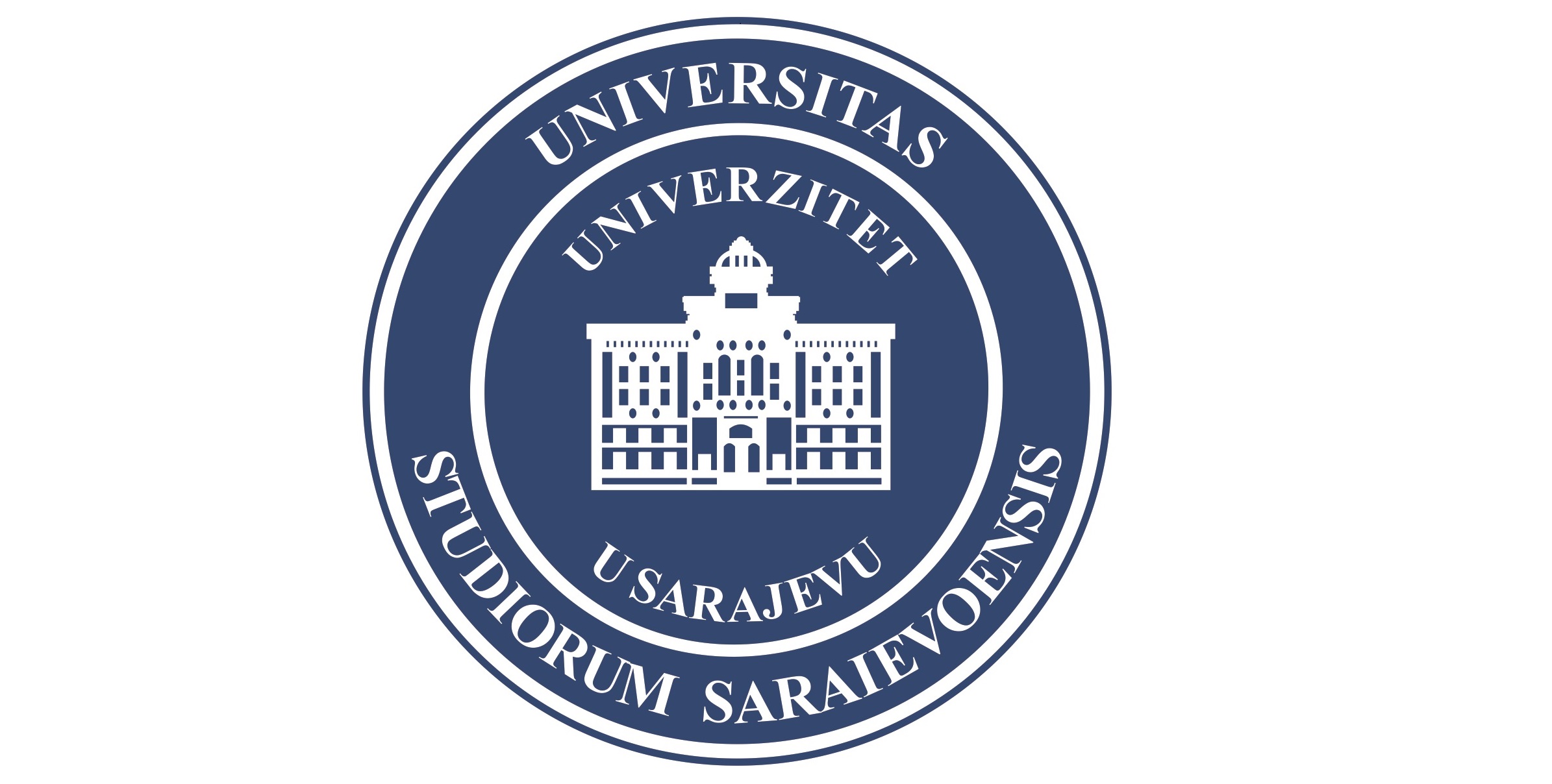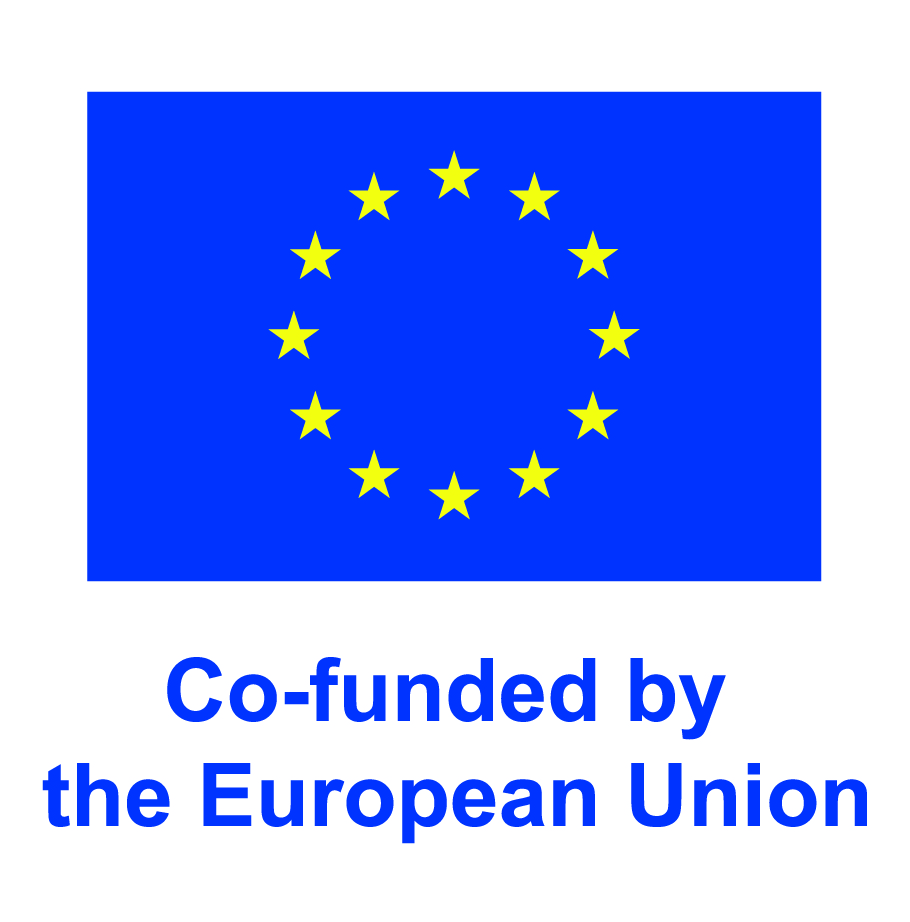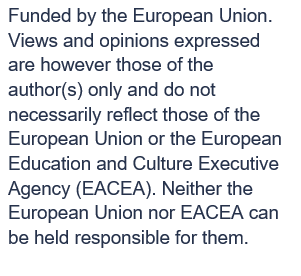Main Content
Internationalisation of School Teacher Education
A key channel for EUPeace to create long-lasting impact lies with the training of primary and secondary school teachers, which represents an important mission for many of our institutions. Currently teacher training remains deeply embedded in national contexts. EUPeace will enable us to tackle the challenge of opening teacher training at the European scale and potentially beyond, with sizeable rewards: EUPeace will thus have a cascading effect on primary and secondary school students all over Europe. A specific focus of our roadmap therefore includes modalities to enhance international mobility with teachers’ training curricula.
This Flagship Action aims to reach the following four objectives concerning the internationalisation of teacher education at the EUPeace universities, as well as within continuing professional development and training for in-service teachers:
A. Increase mobility from currently very low levels. This is a major issue for teacher training internationally, as it is such a heavily regulated domain.
B. Increase the attractiveness of the teaching profession and professionalise pre-service teachers through curricular and extracurricular means and in-service teachers with on-the-job training on democratic culture in Europe.
C. Enhance international and intercultural competencies of the future as well as practising teachers to prepare students for acting in diversity-friendly, value-conscious and democracy-conscious ways.
D. Promote inclusion, a vital element in teacher education, in daily teaching practices. In every European country, schools are places where the inclusion and exclusion of individuals and groups take place in daily practices. Inclusion has to do with participation and political education. It is not just a question of offering differentiated tasks, but of including all children, whatever their strengths and challenges, and the ways in which the group, as a whole, can interact and access activities in order to reach pedagogical goals.
Our approach is to equip future teachers with a skill set for teaching in diverse settings by adding and integrating specific subject matter into the curricula. The EUPeace school network serves to provide school internships abroad. Other flexible forms of (physical, blended, virtual) mobility options for teacher training students will be offered across the Alliance. Since all members within EUPeace offer teacher education, the mutual exchange about how future teachers are educated in diverse European Societies and settings will be highly beneficial for the Alliance’s overall objectives. A guiding principle of our approach is the Reference Framework of Competences for Democratic Culture, published by the Council of Europe: “In culturally diverse societies, democratic processes and institutions require intercultural dialogue. (…) Intercultural dialogue is, first, the most important means through which citizens can express their views to other citizens with different cultural affiliations. It is, second, the means through which decision makers can understand the views of all citizens, taking account of their various self-ascribed cultural affiliations […] Democracy and intercultural dialogue are complementary in culturally diverse societies” (Council of Europe, Reference Framework of Competences for Democratic Culture, page 24.).
